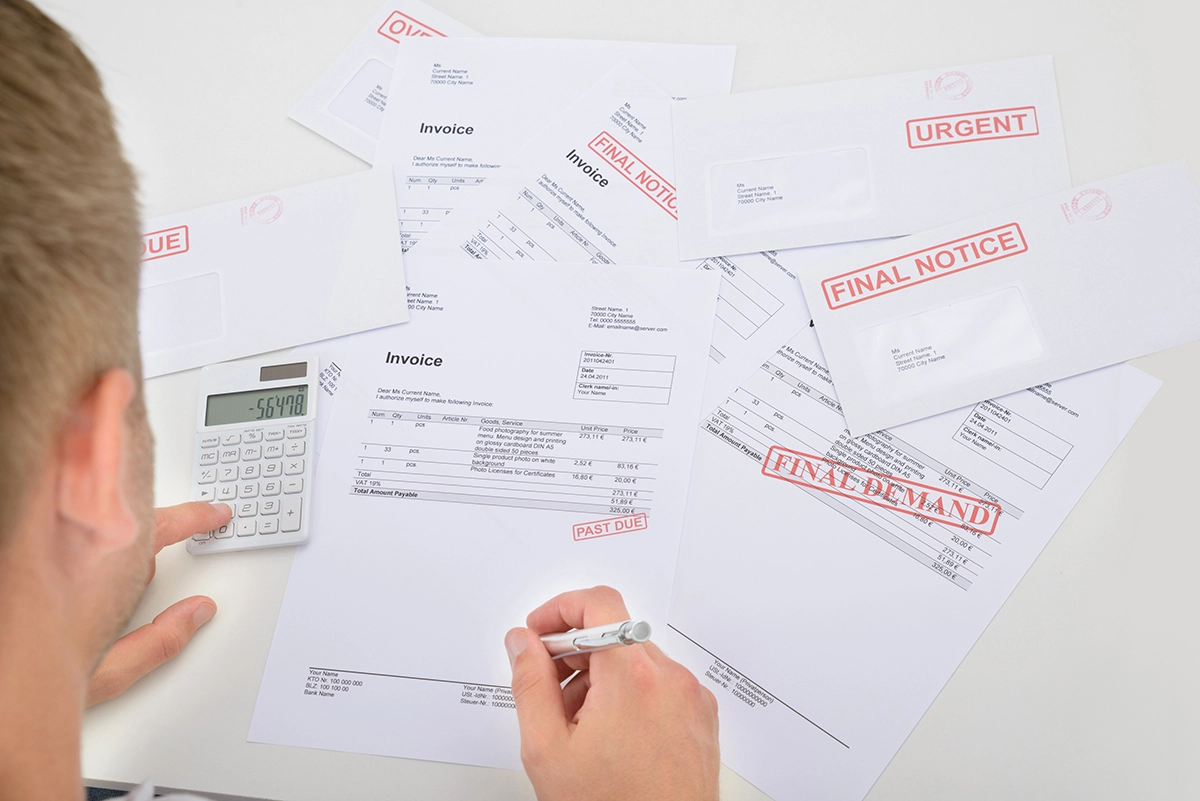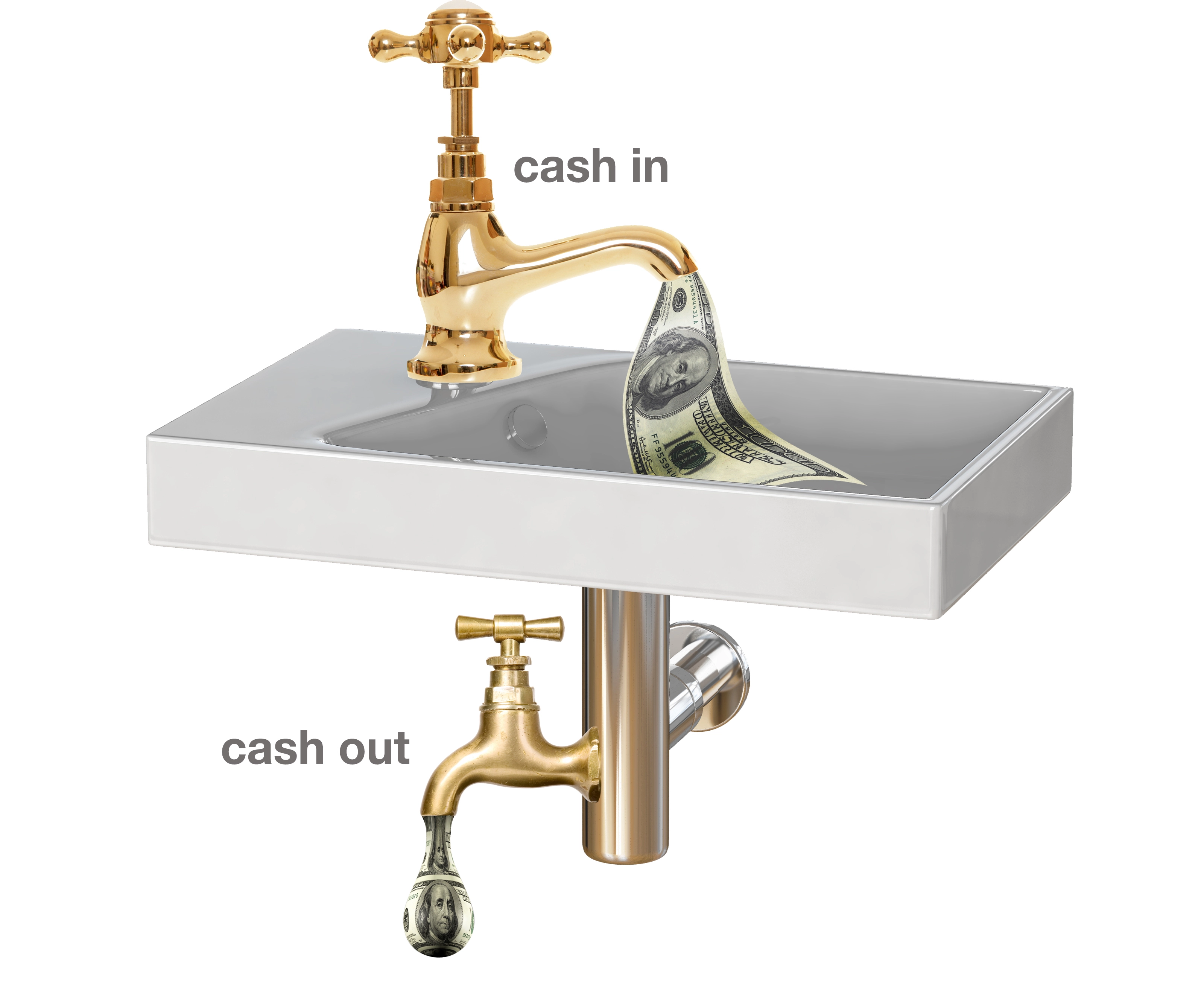How to identify and hire a quality bookkeeper
Owners are usually experts at operating their companies, but not about the details of bookkeeping. So one of the first, and most important, employees they hire is a bookkeeper. But hiring a bookkeeper isn’t easy and there are several pitfalls owners can encounter.
There are hundreds of thousands of people who claim to be bookkeepers. Most, however, are following a system that has already been put in place before they joined that company. They really don’t understand bookkeeping. In addition, when interviewing potential candidates for this critical position, owners can’t always tell when an individual interviews well but doesn’t have a clue about bookkeeping.
Here are six points owners of HVACR contracting firms should keep in mind when hiring a bookkeeper.
1. Your ad must reference heating and air conditioning, plumbing, or another construction trade.
Bookkeepers who have worked for retail stores, doctors, insurance companies, etc. usually won’t have a clue about how to properly keep the books for a construction company. If they have followed an existing system, they will make major mistakes with your books.
2. The bookkeeper must be comfortable working in a construction environment.
Your bookkeeper must be able to stand up to employees who don’t turn in their time, don’t turn in their paperwork or gas receipts, etc. If the person cannot “take charge,” they will fail in this position, even if he or she understands bookkeeping.
3. The bookkeeper you hire must understand job costing and accounting for inventory.
You must have balance sheets and profit and loss statements that reflect your direct and overhead costs accurately. In addition, you must know the costs of the jobs you install, service and maintain. Without proper job costing you cannot make good business decisions. In addition, you are using your hard-earned cash to purchase materials you might use in the future. Inventory must be tracked properly and job costed properly.
4. A formal background check is essential.
Consider this true, real-life scenario: A potential bookkeeper was referred to an owner by a colleague. When the owner did a background search, he found the bookkeeper had been convicted of embezzlement!
You can find a lot of information on Facebook, Google and other search engines. However, when hiring a bookkeeper, a formal background check is essential, in addition to the checks you do through social media. On the application, the candidate must sign an authorization for a background check.
5. Good bookkeepers can easily learn software packages they have no experience with.
Most bookkeepers have experience with QuickBooks, Peachtree or another accounting software package. If a bookkeeper knows one accounting software package, and is proficient in it, he or she should be able to easily learn another software program. So, don’t be too concerned that a bookkeeper doesn’t know your specific accounting software. Good bookkeepers can translate what they know from one software program to another.
6. Give all bookkeeper candidates a test.
This is most important and it’s the best way to know whether a bookkeeper can interview well but doesn’t have a clue about bookkeeping. The rule is, if the candidate doesn’t pass the test, no matter how good he or she looked during the interview, don’t hire them. (Email me at rking@ontheribbon.com if you would like the test and answers I use.)
Once you’ve hired a bookkeeper, your job doesn’t end. It is important to continuously monitor their activities and pay close attention to how well, or how poorly, they are doing their job. After all, you’re placing a lot of trust and responsibility for your livelihood in their hands.
Many owners totally abdicate responsibility for the financial segment of their business to their bookkeeper. As long as there is enough cash, they think they are okay. This can be a huge mistake.
You can delegate responsibility for the day-to-day bookkeeping activities. You cannot abdicate the responsibility for reviewing the statements each month. If you take the time (usually less than 30 minutes a month) to review your financial statements, you’ll know if something doesn’t look right or the statements don’t seem right. Start digging and question the entries. Ask for backup to make sure the values are correct. It’s your business. You have a right to see the backup proving the correct amounts for the entries. If your bookkeeper objects or doesn’t give you the backup you request, something’s wrong. Great bookkeepers pride themselves on doing accurate work and are mortified when they make a mistake.
If a bookkeeper knows what he or she is doing, your books should be clean. They should be readable. If you have a bookkeeper who supposedly knows what he or she is doing, yet your books are a mess, then you may have an embezzler. By keeping the books a mess, the embezzler can more easily hide his or her actions. You can’t follow what’s going on in your business, so you probably won’t catch the embezzlement. An embezzler will strongly object to an outsider reviewing the books if you decide to get an audit or hire a professional financial consultant to look at your financial procedures and financial statements. And, when an outsider does come in, the embezzler often quits – usually with a flimsy excuse.
A good bookkeeper can be a tremendous asset to your business, and smart business owners understand that a bookkeeper is a critical employee. You need accurate financial statements to spot minor issues before they become major crises and to make good business decisions.
Ruth King has over 25 years of experience in the hvacr industry and has worked with contractors, distributors, and manufacturers to help grow their companies and become more profitable. She is president of HVAC Channel TV and holds a Class II (unrestricted) contractors license in Georgia. Ruth has written two books: The Ugly Truth About Small Business and The Ugly Truth About Managing People. Contact Ruth at ruthking@hvacchannel.tv or 770.729.0258.





